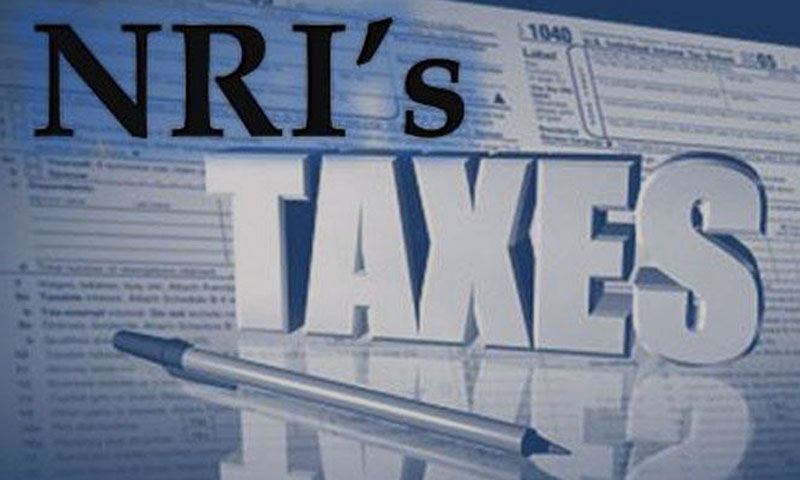Filing Taxes In India FY 2018-19: Guidelines for the NRI’s

Filing Taxes In India FY 2018-19: Guidelines for the NRI’s
It’s the season of tax filing and yes, the due date for filing of your ITR for the fiscal year 2018-19 is fixed at July 31, 2019. While all the taxpayers are preparing their financials for the same, the NRIs might wonder if they are to file taxes or not in India. So, a quick guide has been created for the NRI’s before they file their tax returns here in India. Firstly, we must understand that NRIs have to pay taxes pertaining to any income they generate in India either from investments or receipts.
Also, there are ways in which an NRI can be taxed:
- If an NRI is working in India, the salary earned in India is taxable.
- If an NRI is working abroad, but the salary is received in India, the amount is taxable.

Mentioned below are some crucial points which will be of help to NRIs while filing their returns in India:
- NRI’s must determine their status of residency, i.e., whether you are entitled to being a resident or an NRI taxpayer. NRI’s must remember to include the arrival and departure dates as well in the total number of days stayed in India.
- If the total income earned before tax deductions is more than Rs. 2.5 lakh then taxes are applicable on the amount. For FY 2018-19, NRIs must account only for any income that has been earned in India, which is inclusive of any interest earned on deposits.
- NRI’s are eligible for tax credits towards taxes paid in India, as per the Double Taxation Avoidance Agreement and they can claim these in the country they reside in.
- NRI’s need to have their tax residency certificate as well as Self-declaration (which is according to the prescribed format) ready, while filing their taxes.
While filing the tax returns in India, NRI’s must keep in mind the deadline to file the taxes which is fixed at July 31 for the FY2018-19. NRI’s must also have a check on the DTAA advantage. Also make note that for a tax refund, only NRO accounts are eligible. In case you are to receive a tax refund for deduction of TDS on your investments in India, it is compulsory to file your taxes to claim the amount. In addition to this, if the tax liability is more than Rs. 10,000 in any financial year, and in case no advance tax has been deposited, you will be liable to pay out interest u/s 234B and 234C.


 ITAT Amritsar: No Section 269SS Violation for One-Time Cash Payment Before Sub-Registrar
ITAT Amritsar: No Section 269SS Violation for One-Time Cash Payment Before Sub-Registrar  Tax Officials Unleash Digital Dragnet: How New Raid Powers Redefine Privacy, Property Rights in India and likely to Fuel Corruption
Tax Officials Unleash Digital Dragnet: How New Raid Powers Redefine Privacy, Property Rights in India and likely to Fuel Corruption  Income Tax Department Rewards for Reporting Tax Evasion: A Comprehensive Guide
Income Tax Department Rewards for Reporting Tax Evasion: A Comprehensive Guide  Forfeiture of Gratuity by Employer- What are the Remedies for an employee- Can employer be challenged?
Forfeiture of Gratuity by Employer- What are the Remedies for an employee- Can employer be challenged?  Employer can forfeit gratuity of an employee in case of moral turpitude
Employer can forfeit gratuity of an employee in case of moral turpitude  Diving Deeper: The Impact of the New Tax Bill on Dairy and Farming Income
Diving Deeper: The Impact of the New Tax Bill on Dairy and Farming Income